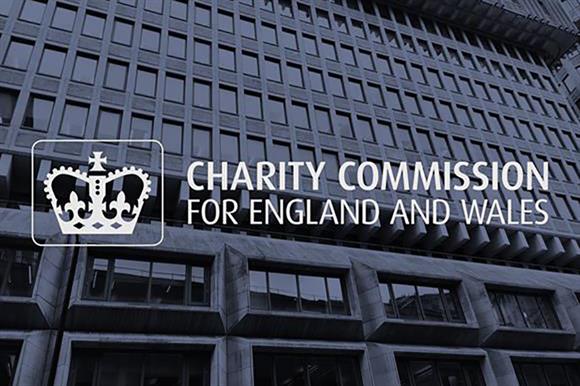Understanding the Role of the Charity Commission in the UK

Introduction
The Charity Commission for England and Wales plays a vital role in overseeing registered charities, ensuring they operate within the law and uphold public trust. As the regulatory body, the Commission promotes compliance, transparency, and the ethical management of charities, which is of increasing importance in today’s philanthropic landscape.
Recent Developments
In 2023, the Charity Commission has released several key updates aimed at enhancing accountability among charities. Recent investigations revealed increased incidences of charitable funds being mismanaged. In response, the Commission has implemented stricter guidelines on financial reporting, requiring charities to provide more detailed accounts of their income and expenditures.
Furthermore, the Commission has actively promoted digital tools to assist charities in maintaining compliance and improving transparency. A new online service enables charities to submit their annual returns more efficiently. This move is expected to enhance the speed and accuracy of reporting, potentially leading to increased public confidence in charitable organisations.
Key Initiatives
Another important initiative launched this year is the ‘Charity Resilience Programme’, designed to help charities navigate the challenges posed by economic downturns and increased operational costs. This programme focuses on providing resources and training sessions to charity leaders, equipping them with the skills needed to sustain their organisations effectively.
The Charity Commission has also intensified its efforts in tackling fraud and financial misconduct within charities. It has established a dedicated task force that collaborates with law enforcement agencies to investigate fraudulent activities, ensuring that those who exploit charitable status are held accountable.
Impact and Future Outlook
The actions of the Charity Commission are crucial for strengthening the UK’s charity sector. By enforcing stringent regulations and providing support, the Commission aims to protect donors’ interests and enhance public trust in charitable organisations.
Looking ahead, the Charity Commission is expected to continue its focus on digital transformation and accountability. As the landscape for charities evolves, the Commission remains committed to ensuring that charities not only comply with the law but also serve their intended missions effectively. For individuals and organisations looking to donate or collaborate with charities, staying informed about these developments is essential for making informed decisions.
Conclusion
In summary, the Charity Commission’s ongoing efforts to regulate and support the charity sector are vital to maintaining the integrity of charitable organisations across the UK. As new challenges arise, both the Commission and charities themselves must adapt to ensure they can continue to serve the public effectively. With the right measures in place, the future of charity in the UK looks promising, fostering a culture of transparency, trust, and positive impact.









